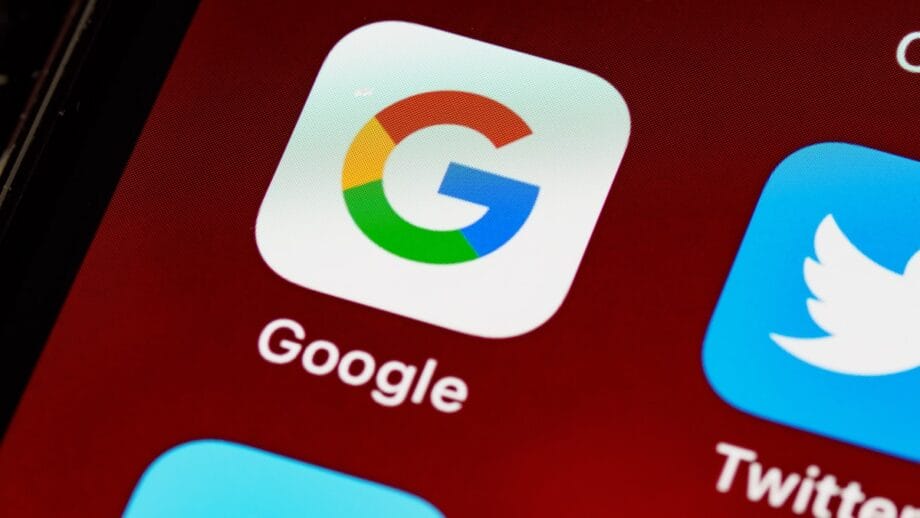Class Action Judgment: iPhone and iPad Users May Receive Compensation
Individuals who owned an iPhone or iPad between October 2015 and November 2024 could potentially claim a payout of up to £75, following a verdict that established app store prices were artificially inflated during this period.
Apple faced a class action lawsuit, wherein it was accused of exploiting its market dominance by suppressing competition through its app store and imposing “excessive and unjust” commission rates.
Dr. Rachael Kent, an academic, articulated that consumers lost an estimated £1.5 billion over the course of ten years due to these unjust costs. She served as the inaugural female Class Representative within the UK’s collective action system, advocating for the interests of 36 million UK users.
In her articulation of the case, Dr. Kent asserted that, in numerous instances, 30% of the cost associated with paid applications, subscriptions, or in-app purchases made within the app store directly benefited Apple as commission, consequently elevating prices for end users.
Recently, the Competition Appeals Tribunal (CAT) ruled against Apple, affirming that the company had abused its dominant position by “foreclosing competition” within both the iOS app distribution and in-app payment services markets.
Assessing the Impact on Users
In their evaluation, the judges determined that approximately 50% of the inflation in prices was passed on to consumers who utilized Apple devices.
Apple announced its intention to appeal the ruling, contending that it presents a misguided portrayal of a flourishing and competitive app ecosystem.
A spokesperson stated, “This ruling disregards the vital role the App Store plays in empowering developers while providing consumers with a secure, trusted environment for app discovery and payment transactions.”
The commission is applicable solely to paid applications; thus, many users do not incur these charges. Furthermore, Apple has reduced its commission rate for small businesses by 50%.
Eligibility for Compensation
Those who acquired an iPhone or iPad between October 1, 2015, and November 15, 2024, and engaged in purchasing applications or in-app content may be eligible for compensation.
To verify eligibility, users can access their Apple App Store accounts and review their “Purchase History.” Although set to display the last 90 days by default, settings can be adjusted to examine a more extensive timeframe.
While the expected amounts may not be substantial, individuals could claim between £27 and £75, contingent upon the number of claims submitted.
The aggregate potential claim for damages, however, is considerable, ranging from £1.184 billion to £2.237 billion, inclusive of claimed interest.
Future of Apple’s App Store Charges
A forthcoming hearing next month will deliberate on the methodology for calculating damages.
Nonetheless, these payments are not assured, as Apple seeks to contest the decision, with an application for permission to appeal also scheduled for consideration next month.
Highlighting Apple’s Market Power
Dr. Kent, an academic from King’s College London who initiated the lawsuit, argued that Apple has accrued “exorbitant profits” by effectively eliminating competition in app distribution and in-app purchasing.
According to the claims presented by her legal team, users can exclusively download applications through Apple’s proprietary app store. They maintained that Apple’s purported “100% monopoly” enabled the imposition of stringent terms and excessive commission fees on app developers—claims that Apple has refuted.
Developers such as Spotify and Epic Games (creators of Fortnite) have publicly lambasted Apple for these perceived inequitable charges.
The CAT reflected in its judgment that developers had been overcharged, noting the disparity between a 17.5% commission for app purchases and the typically charged 30% by Apple.
Anticipated Legal Challenges Ahead
Additional prominent technology firms are also bracing for legal scrutiny regarding competitive practices.
A case against Google is set to commence in October 2026, examining its commission rates imposed on developers accessing the Play Store.

This hearing will coincide with a similar lawsuit initiated by Epic Games, which is concurrently pursuing legal action against Apple in the United States.
Moreover, both Amazon and Microsoft are facing potential substantial claims at the Competition Appeals Tribunal.
In a statement, Dr. Kent declared, “This landmark victory serves not only the interests of App Store users but also all who have ever felt disenfranchised by a global tech behemoth.”
Furthermore, she asserted, “The Tribunal has recognized Apple’s unlawful overcharging of users for over a decade, entitling up to £1.5 billion to be returned to UK consumers and businesses.”
She concluded by underscoring the essential nature of the ruling, suggesting it indicates that no corporation, regardless of size or wealth, operates above the law.
Source link: Metro.co.uk.






